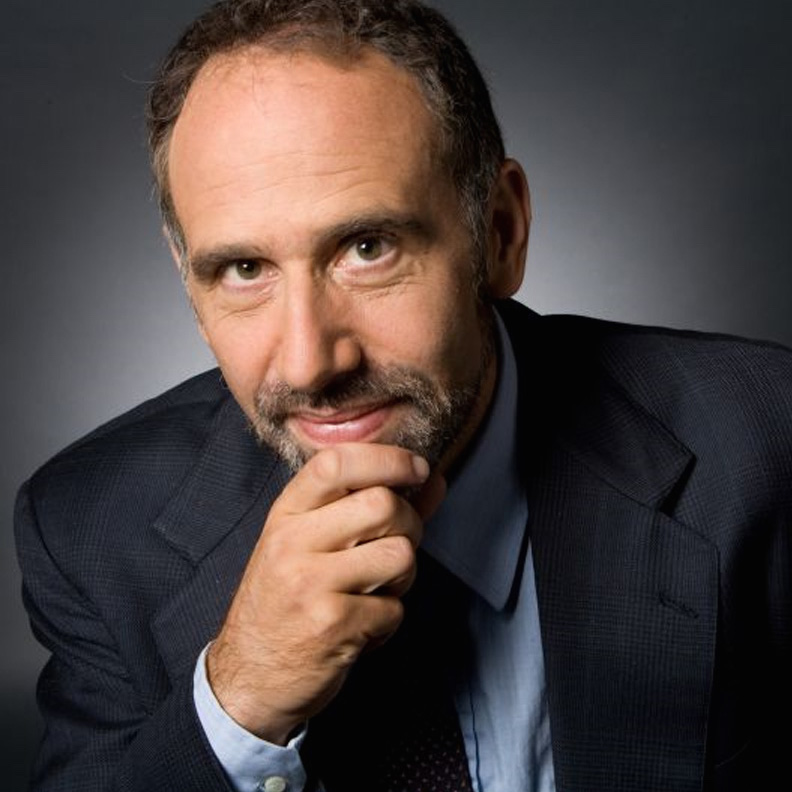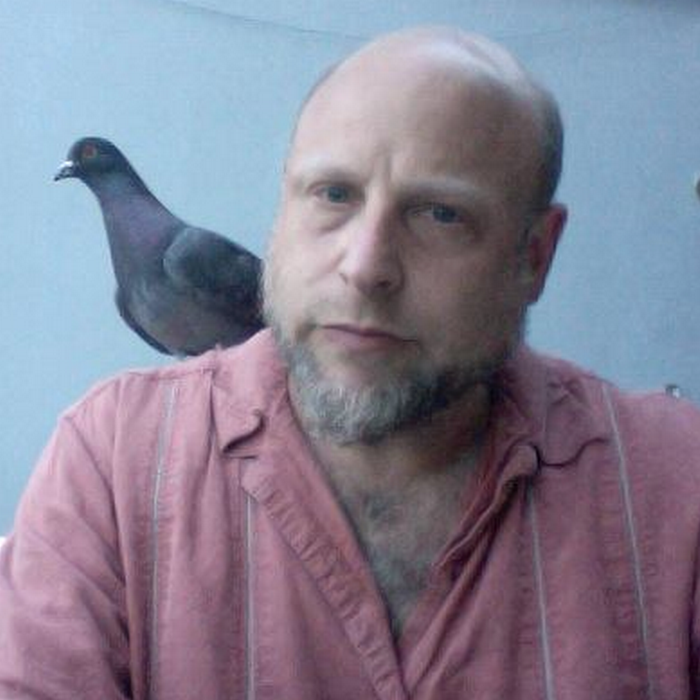Historian Osamah F. Khalil explores decades of shifting US foreign policy in the Middle East through the battle within the US for control of Middle East expertise - from the Cold War rise of the national security establishment, to the contemporary militarization of knowledge as government-aligned think tanks challenge academia for the lens through which we view the region.
Osamah is author of America’s Dream Palace: Middle East Expertise and the Rise of the National Security State from Harvard University Press.









